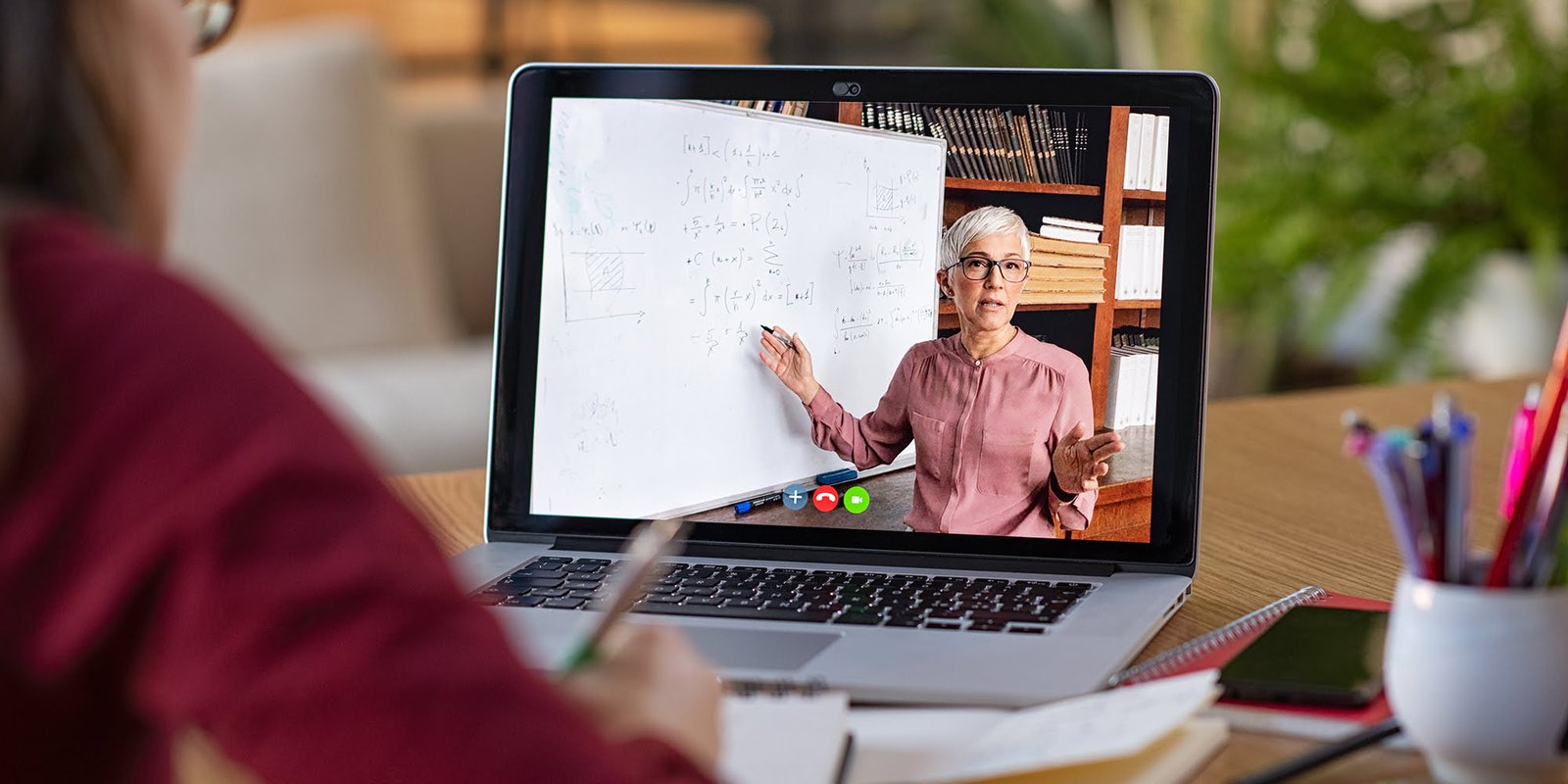Introduction
The shift towards online education has opened up a world of opportunities for learners across the globe, offering flexibility and access to a vast array of courses and disciplines. However, the online learning environment presents unique challenges, including self-discipline, time management, and the effective use of technology. Maximizing learning efficiency in this context requires students to adopt specific strategies and best practices. This article aims to equip online students with actionable advice and techniques to enhance their learning experience. From creating a conducive learning environment to leveraging digital tools for better engagement, we’ll explore how students can thrive in online education settings, ensuring they not only absorb information but also apply it effectively.
Outline
I. Introduction to Online Learning Efficiency
- Overview of the importance of efficiency in online learning.
- Challenges faced by online students.
II. Creating a Conducive Learning Environment
- Importance of a dedicated study space.
- Tips for minimizing distractions and enhancing focus.
III. Time Management Strategies
- Setting realistic goals and creating a study schedule.
- Techniques for avoiding procrastination and managing time effectively.
IV. Effective Use of Technology
- Leveraging online resources and educational tools.
- Navigating learning management systems (LMS) for maximum benefit.
V. Active Learning Techniques
- Engaging with course material actively through note-taking, questioning, and summarizing.
- Participating in online forums and group discussions.
VI. The Role of Self-Motivation
- Strategies for maintaining motivation and discipline in self-paced learning.
- Setting short-term goals and celebrating achievements.
VII. Staying Organized
- Organizational tools and apps beneficial for online students.
- Keeping track of assignments, deadlines, and feedback.
VIII. Seeking Support When Needed
- Utilizing instructor office hours and academic resources.
- Forming study groups and networks with fellow online learners.
IX. Wellness and Balance
- The importance of breaks, exercise, and a balanced lifestyle for effective learning.
- Avoiding burnout through mindfulness and stress management techniques.
X. Continuous Improvement
- Reflecting on learning processes and outcomes.
- Incorporating feedback and adapting strategies for ongoing improvement.
XI. Conclusion
- Recap of key practices for maximizing online learning efficiency.
- Encouragement for online students to adopt a proactive and reflective approach to their education.
Expanding the Outline
- Incorporate Real-Life Examples: Use stories or testimonials from successful online students to illustrate best practices in action.
- Highlight Expert Advice: Feature insights from educators and learning psychologists to provide authoritative tips on enhancing learning efficiency.
- Include Interactive Elements: If possible, add quizzes or self-assessment tools to help students evaluate their study habits and learning styles.
- Offer Resource Lists: Provide lists of recommended online learning platforms, apps, and tools that can aid in study and organization.
- Address Diverse Learning Needs: Acknowledge the variety of learning preferences and challenges, offering advice tailored to different types of learners.
- Embed Multimedia Resources: Suggest instructional videos, podcasts, and articles that offer further guidance on effective online learning strategies.

